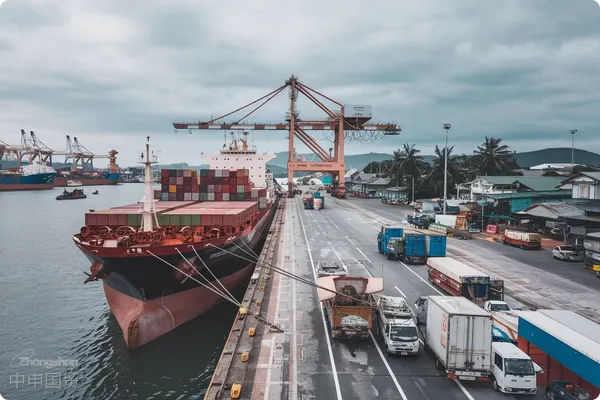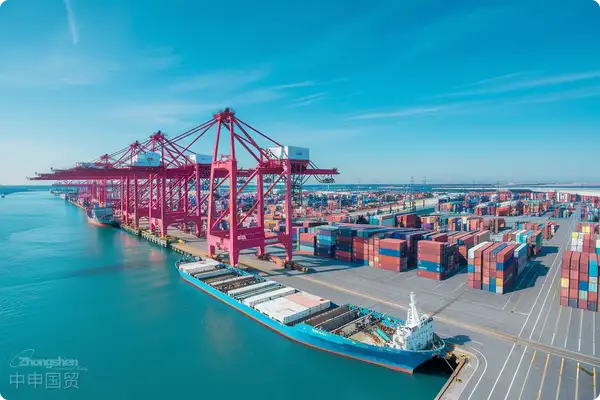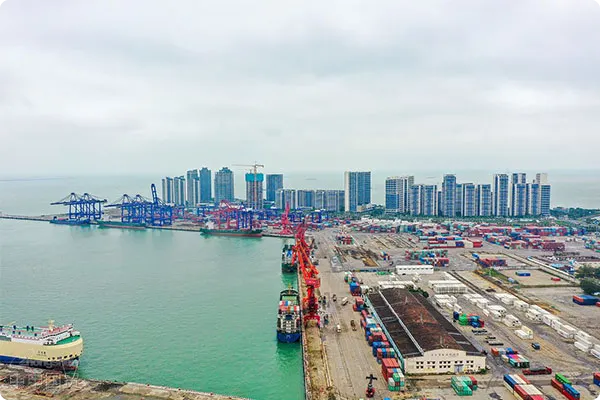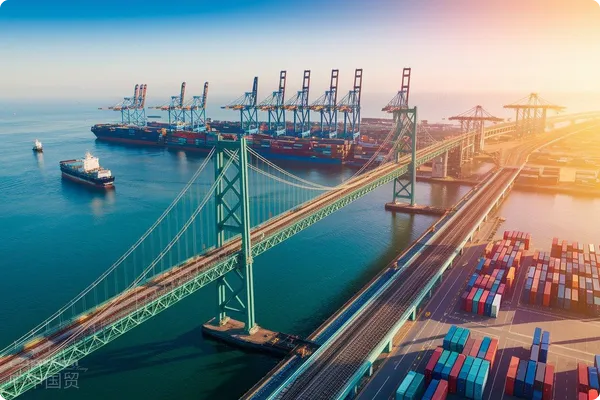- Shanghai Zhongshen International Trade Co., Ltd. - Two decades of trade agency expertise.
- Service Hotline: 139 1787 2118

Ownership of goods: The bill of lading is the key
In international trade,The original bill of ladingis the “identity card” of the ownership of goods. As long as you still hold the original bill of lading, theoretically, you can resell the goods without the consent of the buyer. However, the Indian market is a bit “special”, and there is a pitfall that needs attention:
- The “IEC number” pitfall of the Indian Customs
It is reported that before the goods arrive in India, the buyer may make a warehouse receipt declaration and fill in the import code (IEC number). Once the IEC number is written into the warehouse receipt, operations such as the return of goods and auction will require the consent of the buyer. This means thateven if you hold the bill of lading, you may not be able to directly control the goods.
So, if your goods have arrived at the Indian port and the customer has not taken delivery for a long time,the first step is to confirm whether the IEC number is involved. If so, you may need to negotiate with the customer or seek legal solutions.
Port demurrage charges: Who pays the bill?
There are two major costs generated when goods are detained at the port:Port demurrageandThird - party inspection costs 1500 - 3000 yuan each time. Who bears these costs? The answer is:
- The container demurrage is borne by the seller
because the shipper of the bill of lading is the seller, so the container demurrage (container detention charge) needs to be paid by you first. However, dont worry, you canclaim compensation from the defaulting buyer. - The port demurrage depends on the situation
If the port stipulates that the consignee pays the port demurrage and the buyer does not take delivery, you may need to advance the payment. Similarly, after advancing the payment, you can recover the payment from the buyer.
Tips: When signing a contract with the customer, it is recommended to clarify the liability for port demurrage charges to avoid subsequent disputes.
Customs auction: 30 days is the red line
The Indian Customs has strict regulations on the storage time of goods:
- 30 days is the red line
After the goods arrive at the port, if the buyer does not take delivery within 30 days and does not apply for an extension, the customs has the right to auction the goods. The proceeds from the auction will be used to pay port demurrage, customs duties, etc. first, and the remaining part will belong to the owner of the goods. - Does the auction require the consent of the buyer?
If the IEC number is involved, the auction may require the consent of the buyer. This will make things more complicated and may even prevent you from recovering the goods or the auction proceeds.
So,Action must be taken within 30 days! Either urge the customer to take delivery or consider reselling or returning the goods.
Response strategy: Resolve the crisis in three steps
In the face of the “port demurrage crisis” in the Indian market, the following is a three - step strategy:
1. Confirm the control of goods
- Check whether the IEC number is involved. If so, negotiate with the customer as soon as possible to gain the initiative.
- If the IEC number is not involved, you can directly resell the goods to reduce losses.
2. Evaluate costs and risks
- Calculate potential costs such as port demurrage and container demurrage, and assess whether it is worth waiting any longer.
- If the costs are too high, take decisive action to avoid further losses.
3. Take emergency measures
- Resell: Contact other Indian buyers and resell the goods as soon as possible.
- Return the goods: If reselling is difficult, consider returning the goods. However, note that the return of goods may require the consent of the buyer.
- Legal means: If the customer refuses to take delivery maliciously, claims can be made through legal means.
Although the Indian market has great potential, it is also full of challenges. Facing the port congestion crisis where customers do not pick up the goods, we needadvance planning and quick responseto minimize losses.
Related Recommendations
Knowledge Base
Contact Us
Email: service@sh-zhongshen.com
Related Recommendations
Contact via WeChat

? 2025. All Rights Reserved. 滬ICP備2023007705號-2  PSB Record: Shanghai No.31011502009912
PSB Record: Shanghai No.31011502009912









